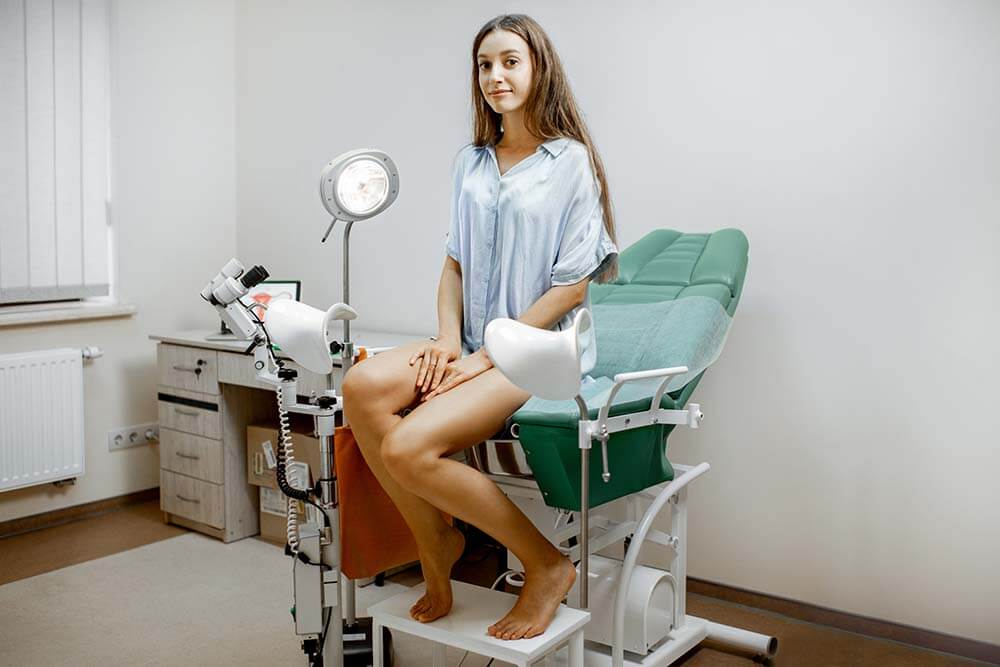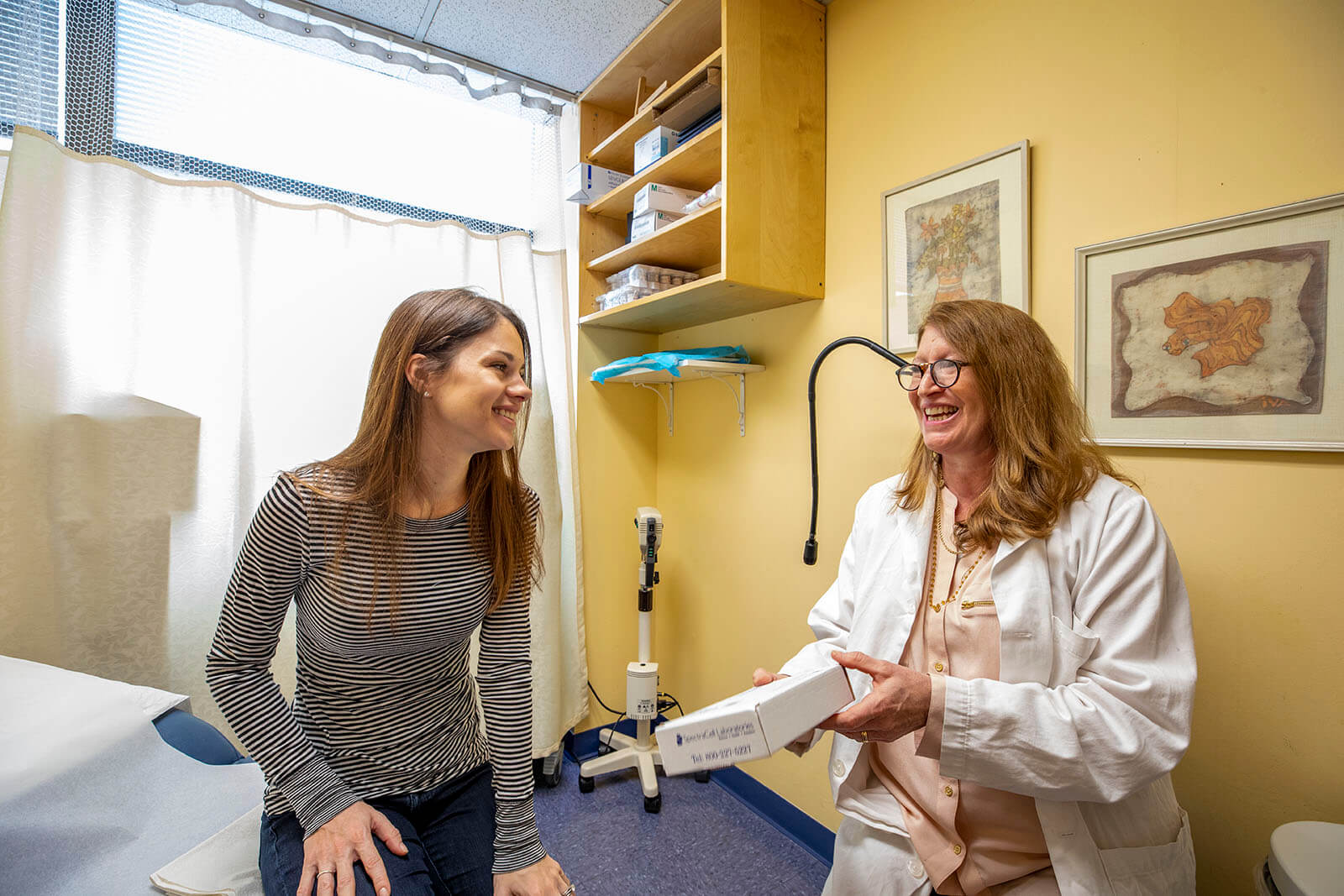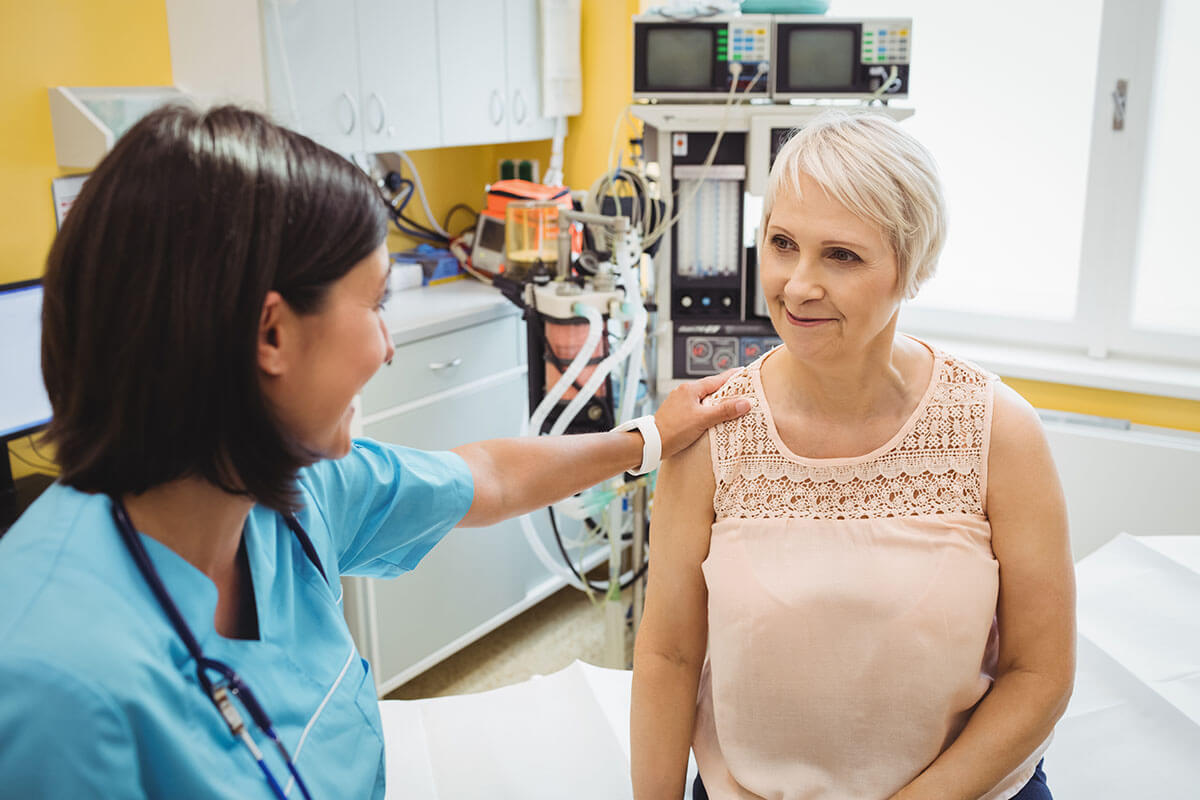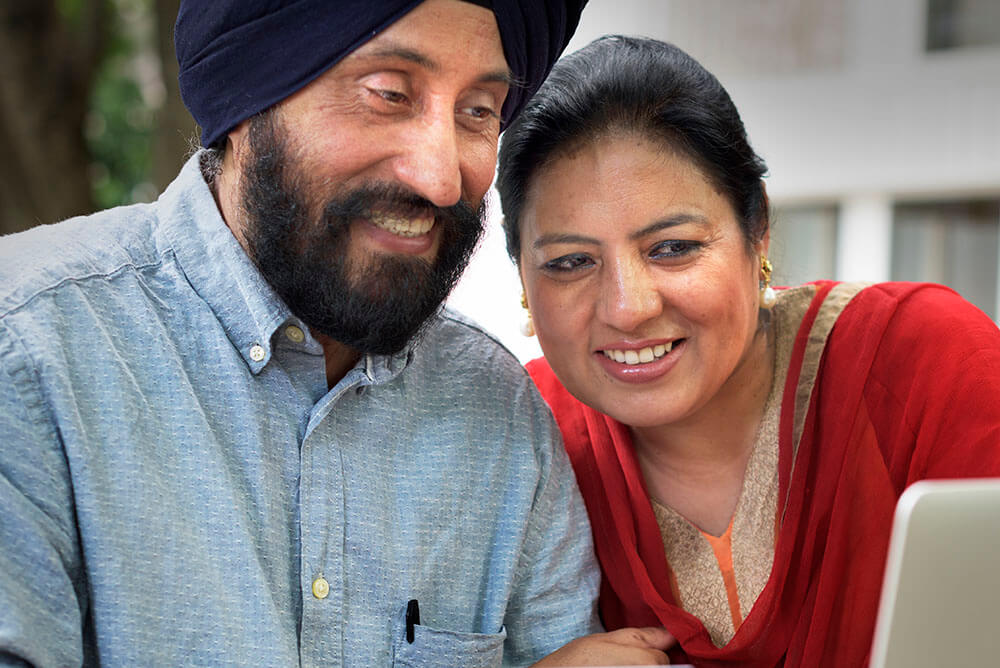
Your annual gynecologic exam could save your life.
A yearly exam from a gynecologist should be part of your preventative healthcare routine. Many times we think we only need to see a doctor when there is a problem, but that is not the case.
Oftentimes serious problems don’t present obvious symptoms at first, but your gynecologist knows what to look out for during your annual physical. Early detection is the best defense. Diseases like breast cancer, ovarian cancer and cervical cancer can be detected, even at early stages, during an annual gyn exam.

This type of listening is particularly required in instances of gynecological and hormonal issues. There could be a variety of symptoms present, such as weight gain, weight loss, fatigue, anxiety and low libido.

At The Balanced Woman, Dr. Maria-Lisa Lambert is a certified gynecologist. She specializes in women’s wellness by taking a holistic approach to medicine and overall health. It is important to Dr. Lambert that you feel comfortable and well-cared for in her office.
It is recommended that women get a yearly gyn exam starting at age 15. A pelvic exam may not be required at this age, but it is a good time to start to build the patient/doctor relationship. The young patient can ask Dr. Lambert any questions they may have regarding their development, menstrual cycle, sexuality, birth control, sexually transmitted diseases and general wellbeing.
When most women hear “annual exam” they think pap smear. But a pap smear is only one part of a gynecologic exam. This cervical cancer screening should be performed every 3 years in women ages 21 to 29. In women who are 30 and older, a pap smear is recommended every 5 years.
Other recommended screenings you may receive during your annual gyno exam include:
-
STI/STD testing: If left untreated, STIs like chlamydia and gonorrhea can lead to serious complications like pelvic inflammatory disease, infertility, and chronic pain. Annual testing is recommended for sexually active women under the age of 25. Women age 25 and older may benefit from testing if they have multiple partners, a new partner, exposure concerns, or have recently been diagnosed with another STI. Screening for other STIs like syphilis, trichomonas, herpes simplex virus, and hepatitis should be based on risk factors.
-
HIV testing: This test should be done at least once during your lifetime. However, your provider should check for risk factors annually that could warrant repeat testing.
-
Hepatitis C testing: This one-time test is recommended for women who were born anytime from 1945 through 1965 and who are unaware of their infection status.
-
Clinical breast exam: A breast exam by a health care provider is recommended every 1 to 3 years, beginning at age 20.
-
Mammography: This diagnostic imaging test is used to identify abnormalities in the breast that may indicate breast cancer. The exam is less sensitive in younger women and is more likely to report false positives or over-diagnosis in younger women. It is recommended that women ages 40 to 49 years discuss the benefits and risks with their provider before deciding whether to start mammogram screening. By age 50, all women should receive mammograms every 1 to 2 years.
-
Bone density testing: This exam is recommended for all women age 65 years and older or in postmenopausal women who are younger than 65, but at risk for bone fractures.
-
Diabetes testing and lipid (cholesterol) profile assessment: A blood test can determine if your blood sugar and cholesterol are within normal limits or if they need to be addressed. This should be recommended periodically by your provider.
















Recent Comments